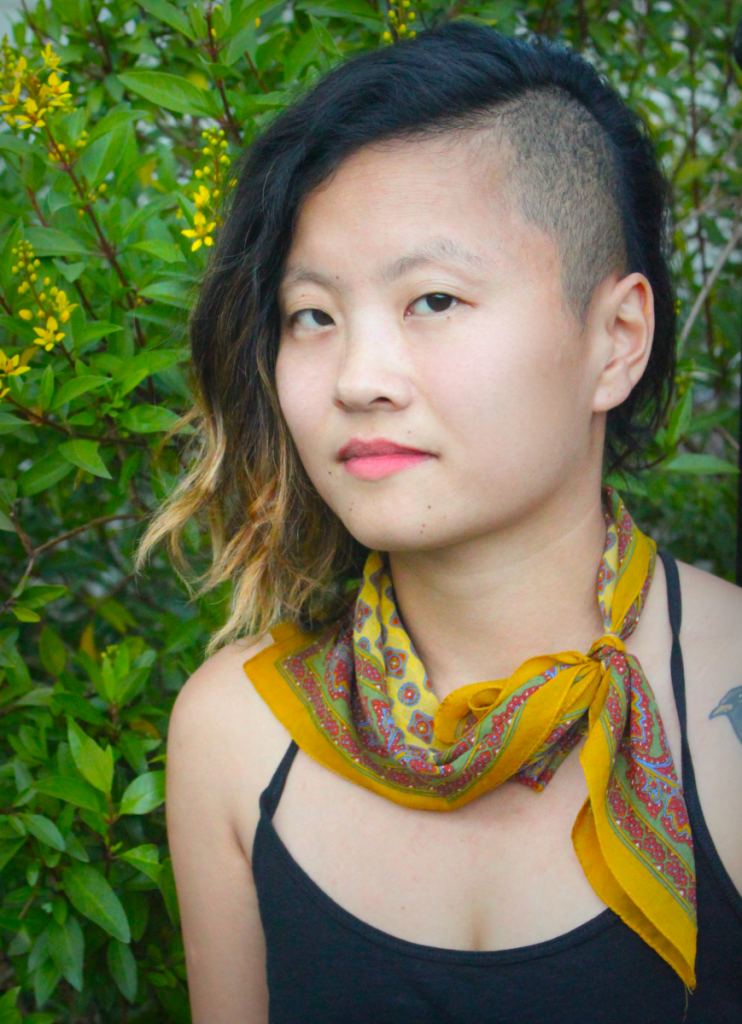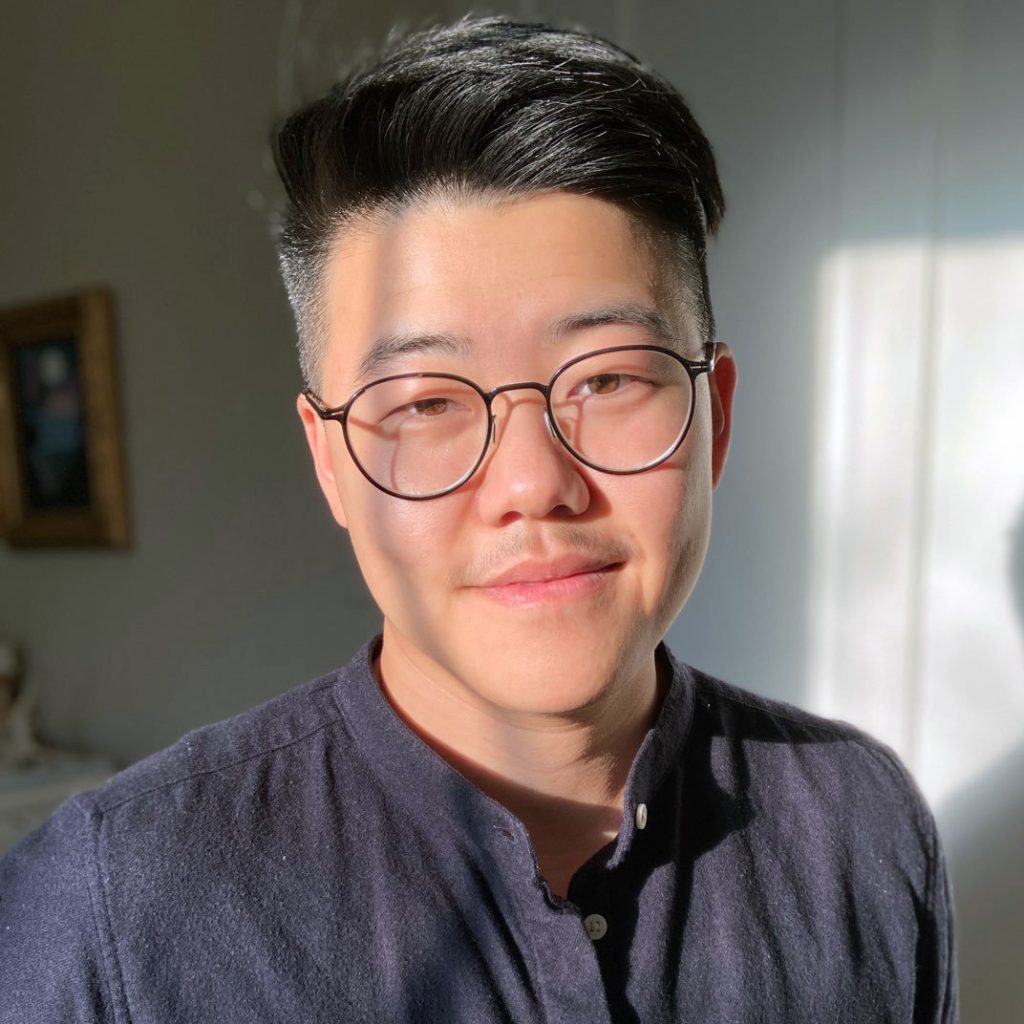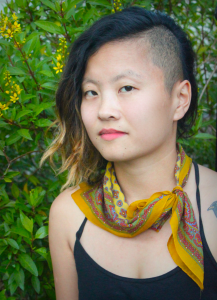
“I was excited for the opportunity to read what people are thinking and feeling in the age of COVID-19, climate change, political unrest, etc., etc., etc. What are our obsessions, fears, desires, and griefs right now?”
Tell us a little bit about yourself. Where are you from and what do you do when you’re not reading for NER?
I was born in Daejeon, South Korea, grew up in the suburbs outside New York City, and have been calling New Orleans home for the past thirteen years. When I’m not reading for NER, you can usually find me in the kitchen making bread or pasta, going for walks on the bayou, or hanging out with my partner and our cat, Empy.
What made you decide to be a reader for NER, and how long have you been on staff?
I can’t believe it’s been almost a year since I started reading for NER! I was excited for the opportunity to read what people are thinking and feeling in the age of COVID-19, climate change, political unrest, etc. etc. etc. What are our obsessions, fears, desires, and griefs right now? I love the insight reading offers into the sense of the moment we find ourselves in.
Have you ever read a submission that later got selected for publication?
Yes! “Thank You for Reminding Me” by Emma Trelles and “Frances” by Burnside Soleil.
What is your reading process like? What do you look for in a submission?
I’m looking for a piece with emotional resonance, striking imagery, and creative syntax. In terms of process, I read every submission at least once. For the ones that stand out, I wait a week or two before returning to see if they still hold the same impact or if my reading of it has changed or evolved in any way. After the second reading, I’ll go back and read closely once or twice more before making a final decision. This way, I’m sure I feel strongly about a piece before sending it up the ladder.
Of the pieces you’ve read at NER—whether in the magazine or among the submissions—which was your favorite or most memorable to you personally?
I read both Emma Trelles’s and Burnside Soleil’s poems during my first round of submissions, and both were super memorable. I loved walking through Burnside’s poem, the visceral experience of people interacting with nature. And the diction and sonic qualities of Emma’s poem lit up all of my senses when I first read it.
How has reading for NER influenced your own writing/creative pursuits?
I haven’t been writing much lately, but I am reading a bunch, and it’s been lovely to integrate NER submissions as part of my reading rotation.
What do you read for pleasure? Is there something you’re reading at the moment that you would recommend?
I’m a member of the adoptee collective, The Starlings Collective, and our book club pick this month is Surviving the White Gaze by Rebecca Carroll, which is a memoir about growing up as a black transracial adoptee in rural New Hampshire. Highly recommend! I’m also trying to read more classics this year and just finished Giovanni’s Room, my first James Baldwin – soooo good.
Our staff readers, all volunteers, play an essential role in our editorial process and in our mission to discover new voices in contemporary literature. A full list of staff readers is available on our masthead.

